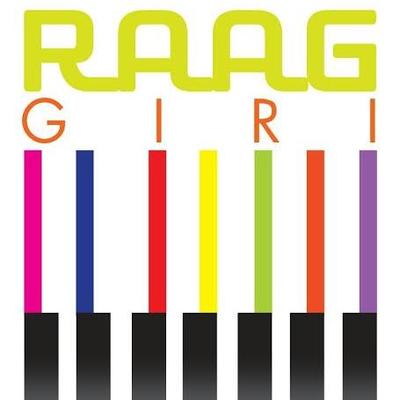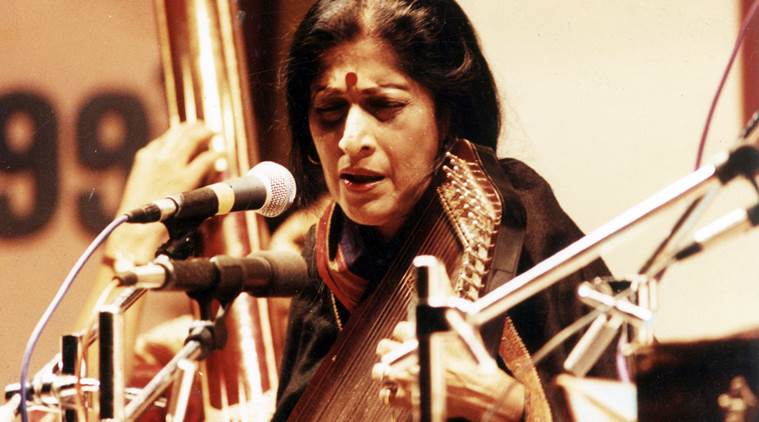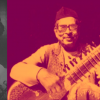In the year 1964 a film by Shantaram had come- Geet Gaya Pattharon ne. Music was given by popular music composer Ramlal, who had composed melodious songs like Pankh hote to ud ati re and Taqdeer ka fasana in the past. When the title song came into the market, there was one name that gathered fame overnight. The name was Kishori Amonkar.
In the world of classical music, this name is called Kishori tai with love. She is called Gaan Saraswati or the goddess of singing. Kishori Amonkar is related to the Jaipur Atrauli Gharana. Her mother, Mogubai Kurdikar, was a well known classical singer of her time. Mogubai Kurdikar was a student of Ustad Alladiya Khan Sahab of the Jaipur Atrauli Gharana. Her peer at that time who was taking training with her with the same guru was popular singer Kesarbai Kerkar.
Kishori Amonkar was born on 10th April 1931 in Mumbai. Her father died when she was very young. She was the eldest in the three siblings. She faced a lot of struggle in her childhood. There was financial crisis. The whole family lived in one small room. The mother, Mogubai Kurdekar, sang in concerts to earn a living and run the house. But despite all hardships, Mogubai Kurdekar got her children educated and also trained them in music.
Kishori Amonkar tells how her mother travelled by train in third class for the concerts. The journey used to overnight so she did not sleep. She would take Kishori with her. Resting her head on the mother’s shoulder, the whole night would pass sitting like that. Mogubai Kurdekar would do riaz or practice singing for ten hours everyday. Kishori ji followed the same tradition of such rigorous practice.
According to her mother’s will, Kishori learnt every aspect of music- classical, the popular forms, Marathi songs and devotional songs as well. Besides her mother, Kishori Amonkar also learnt music from Ustad Anwar Hussain Khan, Pandit Balkrishna Bua, Mohan Raoji Polkar, Sharatchandra Arolkar and Anjanibai Malfekar. It was a time when classical music had male dominance. Female classical singers did not receive much respect. But Kishori, like her mother, created new heights for herself.
Kishori has also performed in many concerts with Pandit Balmurli Krishna who specialises in Karnatak music.
Many years after singing for Geet Gaya Pattharon ne, Kishori Amonkar sang a song in Shekhar Kapoor’s film Drishti- Meha jhar jhar barsat re. The music in the film was also composed by Kishori Amonkar.
But later she distanced herself from the world of films. In one of her interviews, Kishori ji said – “I don’t think I will sing in a film again. For me the language of music says a lot. It can grant you great peace and give you an insight on life. By joining lyrics and tunes, the power of swar or voice is reduced.” In Kishori ji’s life, she even faced a period when she could not sing. But by the grace of goddess Saraswati and Ayurvedic treatment, she got her voice back.
Kishori Amonkar’s music is spiritual, filled with devotion and born out of rigorous training. She says her mother said- Music is neither entertainment, nor enjoyment. Music is devotion to God. It is a way of connecting with him. That is why when Kishori Amonkar sings, it feels as if she is only singing for the divine.
Kishori Amonkar is counted among India’s seniormost and topmost singers. She has been honoured with numerous awards like Padma Vibhushan, Padma Bhushan, Sangeet Samragyi, ITC Sangeet Puraskar and many more. Her name is taken with great respect in the country and worldwide.
Besides being a singer, Kishori ji is also an outstanding teacher. Her training has created great artists like Manik Bhide, Ashwini Bhide Deshpande and Arti Anklekar. Amol Palekar has made a 72 mintue documentary on the life and musical journey of Kishori Amonkar. It’s called ‘Bhinna Shadaj’. Major part of the film is in Marathi but music learners and music lovers must watch it.




